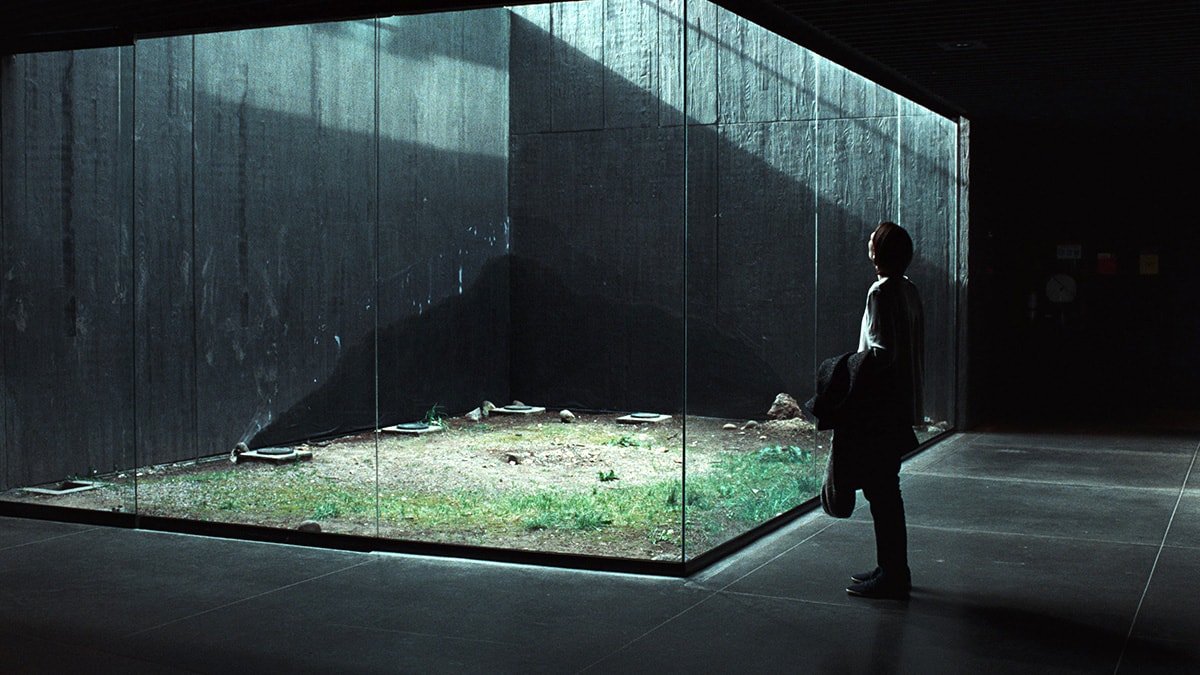A film that is experienced more than viewed, Memoria brings slow cinema to the forefront of arthouse films.
Apichatpong Weerasethakul’s Cannes Prix du Jury winning film Memoria is a respectful homage to slow cinema. Centred around an indescribable boom sound, Jessica (Tilda Swinton) slowly becomes encompassed by it. We follow her processing of the events that come as she attempts to find its source.

The omnipresent exploration of human subjectivity throughout Memoria is the film’s defining strength. Senses feel re-discovered and old feelings feel renewed. Due to the lack of physical activity on the screen, the film grounds itself in the absence of action, emotions and innate pondering. Slight twitches become gravitational pulls, and small sounds become all-encompassing reverberations that linger in each frame. Not only does this create a theatricality that feels unmirrored, but it also places the viewing experience back on the audience member.
Having the time to fully register and sit with the experience of watching Memoria changes the experience of watching it, as it now becomes about feeling the film. The viewer is as much of a component of the film as Swinton herself, which creates an individualised viewing experience that can understandably catch you off guard but is an experience unlike any other.

Memoria explores a different route to how films can be consumed. In a scenario where your own experience is as salient to the act of viewing as to the narrative itself, it expands on how Hollywood and commercial experiences of film viewing have shaped our perception of cinema. This is not a film with action or even dialogue at some points. It is, however, a film that once you succumb to it, will give an enriching experience, unlike others. Follow the journey, follow the confusion and stick with how the film makes you feel instead of how it is telling you to feel.
Memoria’s dive into ownership of memories and thoughts places the viewer at the forefront of its discussion. With a film that is intrinsically tied to nature, it is fascinating how it promotes the viewer to engage with their own innate feelings in a filmic world that mirrors so deeply that of both reality and imagination. Memoria is a film to be experienced.
Fun Fact:
In an unconventional move, art-house film distributor Neon is releasing Memoria “from city to city, theater to theater, week by week, playing in front of only one solitary audience at any given time.” And furthermore, according to IndieWire (10/5/21) the film will only play in theaters and it will not become available on DVD, on demand, or on streaming platforms.




COMMENTS